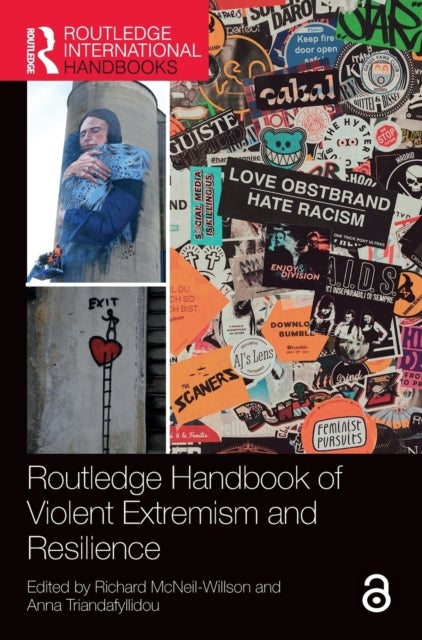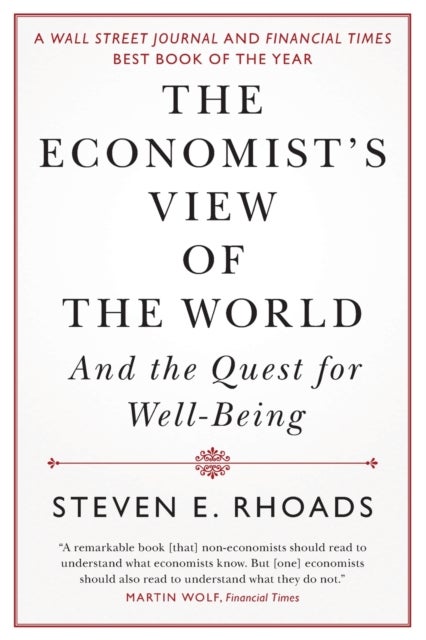
Routledge Handbook of Violent Extremism and Resilience
2849,-
<P>At a time of great global uncertainty and instability, communities face fracturing from the increasing influence of extremist movements hostile to democratic and multicultural norms. Europe and the West have grown increasingly polarised in recent years, beset with financial crises, political instability, the rise of malicious actors and irregular violence, and new forms of media and social media. These factors have enabled the spread of new forms of extremism and suggest a growing need for a response sensitive to inequalities and divisions in wider society ¿ a task made even more urgent by the COVID-19 pandemic. </P><P></P><P>The <I>Routledge Handbook of Violent Extremism and Resilience</I> brings together research conducted throughout Europe and the world, to analyse various articulations of violent extremism and consider the impact that such groups and networks have had on the wellbeing of communities and societies. It examines different theories, factors and national case studies








